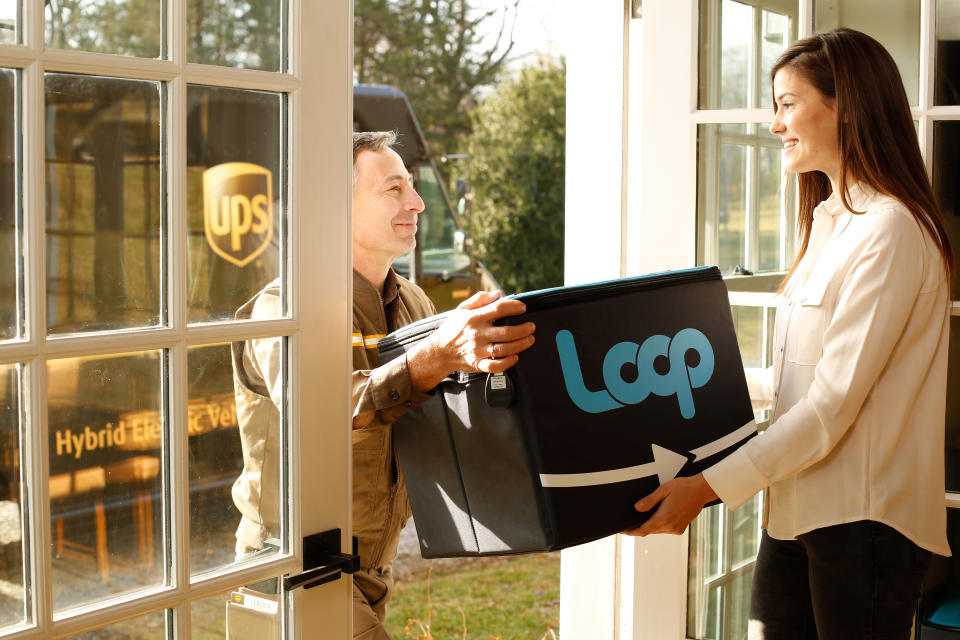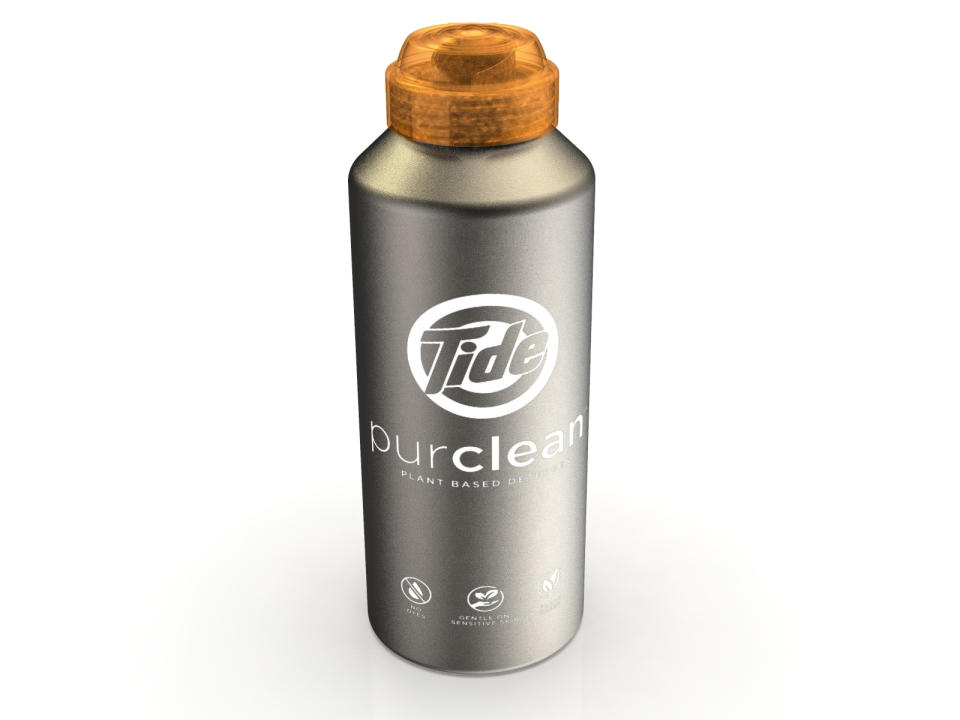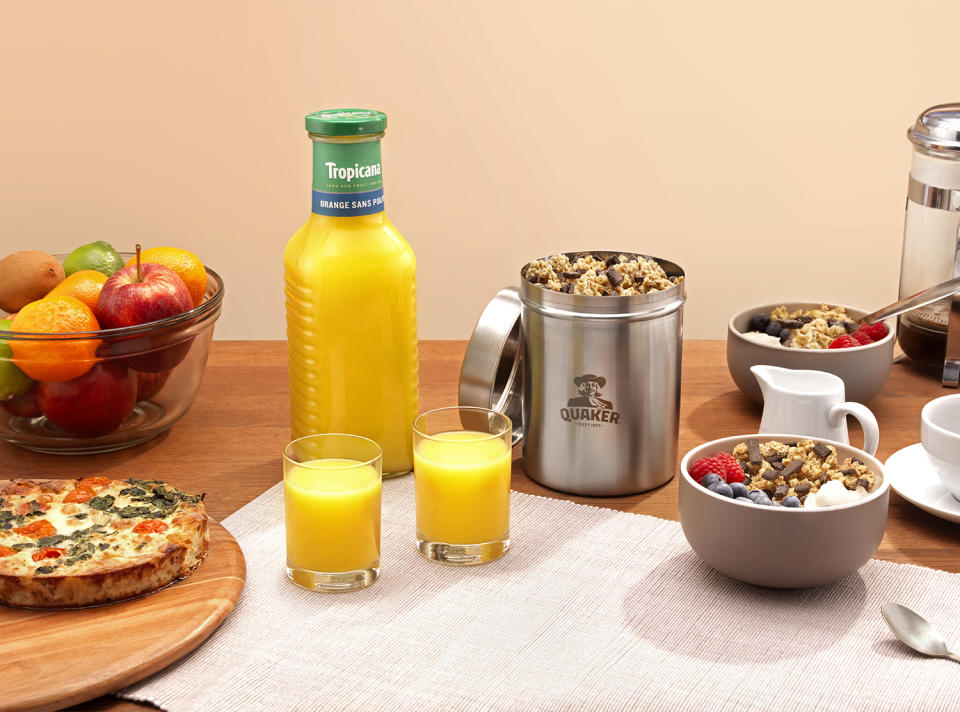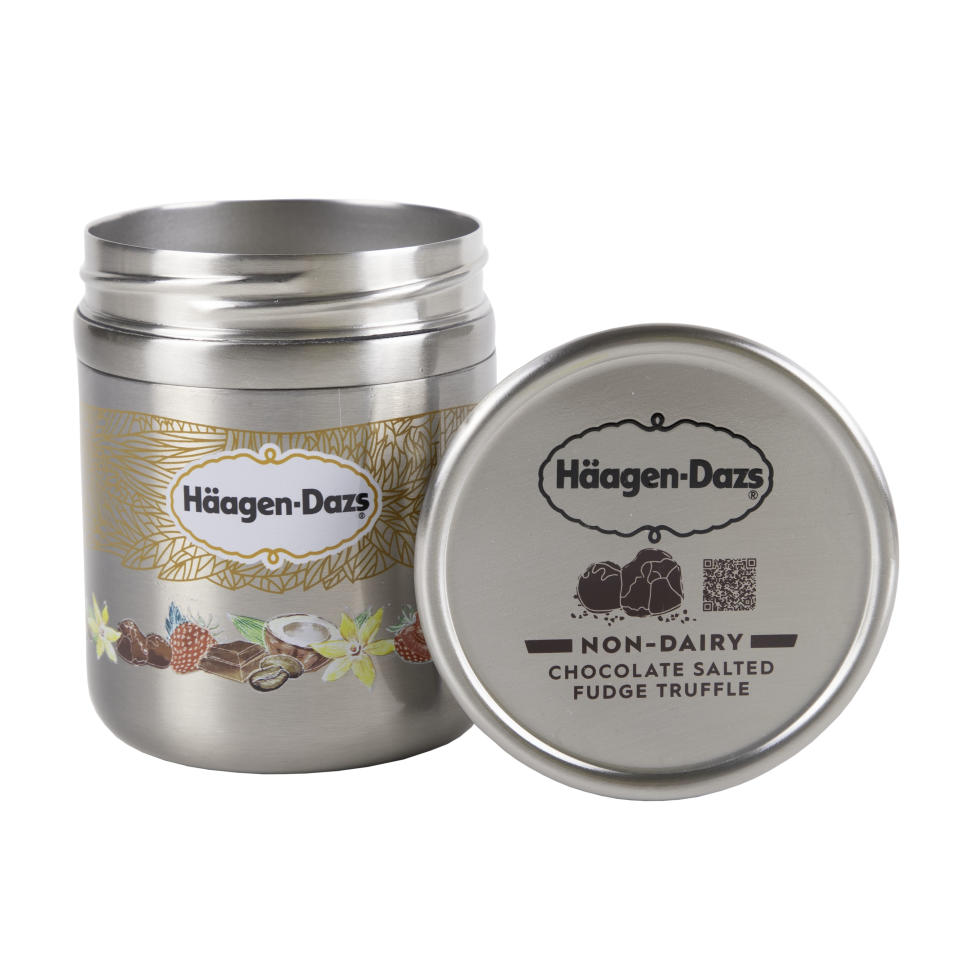'21st Century milkman': Companies ditching single-use packaging to drive change

A new platform called Loop promises to enforce zero-waste management from its coalition of companies that include Procter & Gamble (NYSE: PG), Nestle (NYSE: NSYGY) and Unilever (NYSE: UN). Announced at last week’s World Economic Forum (WEF), Loop was developed by global recycling company TerraCycle with an objective to collect, clean, refill and reuse packaging of consumer products like Tropicana juice containers and Pantene shampoo bottles. The first in-market tests will commence in New York and Paris this year with plans to expand to Toronto, among other cities, in 2020.
How it works
Select consumers will be able to purchase products that come in non-disposable packaging, promoting reuse and recycling of products. To do this, consumers will go online to Loop’s e-commerce site, order, and said products are to be delivered in a reusable tote bag. Items will come in stainless steel, aluminum containers or other durable, sustainable packaging. Some items are expected to be completely revamped (think toothpaste but in tablet form). After containers have been used they will be picked up by UPS, cleaned and sanitized for next use.
TerraCycle’s founder and CEO Tom Szaky sees the operation as the “21st century milkman” with an onus on eliminating single-use packaging. Each package is designed for a minimum of 100 uses and customers pay a deposit for each bottle (which they get back upon returning the package). Loop is attempting to reshape mindsets from idling quick and affordable packaging to employing more sustainable methods of consumption and reconsumption.
Mass adoption depends on affordability and products are said to cost around the same price as those you’d find in stores today—some products may even be shipped free of charge, based on weight. For recoverable used products like diapers and razors, items will be recycled.
“Loop will not just eliminate the idea of packaging waste, but greatly improve the product experience and the convenience in how we shop,” Szaky said in a statement. “Through Loop, consumers can now responsibly consume products in specially-designed durable, reusable or fully recyclable packaging made from materials like alloys, glass and engineered plastics. When a consumer returns the packaging, it is refilled, or the content is reused or recycled through groundbreaking technology.”
According to the Responsible Investment Association (RIA) 2017 Canadian Responsible Investment Trends Report, there was $2.13 trillion of responsible investing (RI) assets under management (AUM). The report found that one of the most prominent RI strategies is environmental, social, governance (ESG) integration – the key dimensions to socially responsible investing (SRI) – and secondary research from RIA found assets that were managed using one RI strategy increased from $1.5 trillion at the end of 2015 to $2.1 trillion at the end of 2017. Furthermore, responsible investment (RI) assets accounted for over 50 per cent of all Canadian assets under management in 2017, which is up from just over 37 per cent in 2015. That’s quite an increase.
A new study from management consulting firm Accenture found over half of Canadian consumers (55 per cent) are more apt to buy products that fall in line with their personal values and more than a third (37 per cent) will end their relationship with a company because it did not fall in line with their prerogative. Environmental, social and good governance practices are of ever-growing importance; brands can see a big upside for employing best practices when it comes to sustainability. Investors should be watching.
“We’re at a point where there is opportunity to express environmental and social views in your investment portfolio so why not look to see,” says Brian Minns, vice president of sustainable investing at Addenda Capital. “Companies that pay attention to the environmental and social [concerns] and have good governance tend to outperform companies that don’t pay as much attention to it. On the funds side, even the more socially responsible investment screen funds can outperform the mainstream.”

Minns points to the Responsible Investment Association’s quarterly report ending December 2018, which indicates RI is outperforming on the three, five and 10 year periods. When it comes to fund performance from Canadian equities to Canadian fixed income to global equities, RI is winning.
“A good manager can apply these screens and still outperform in the same bracket, and the whole premise is that by paying attention to these environmental, social issues it will help you be a better investor and will lead to better performance as an investor. And it will have a positive impact on society,” explains Minns.


A shift in focus
For Doug Morrow, director of thematic research at Sustainalytics, a global leader in ESG research and governance, it’s all about what’s driving investments today.
This year’s Sustainanlytics’ 10 for 2019 report looks at the systemic risks associated with companies. A broad spectrum of Material ESG Issues (MEIs) like worker safety conditions, data privacy and environmental risks were evaluated. The 2019 report also employs Sustainanlytics’ new ESG Risk Ratings framework and the full report can be viewed here on Feb. 5.
“The primary drivers of this market have shifted. Originally it was all about screening out companies from investment portfolios that didn’t meet certain ethical criteria, but today the primary driver is all about returns, ” says Morrow. “There’s a large and growing body suggesting companies that perform well on a lot of the metrics that we looked at in our recent ESG [10 for 2019] report, tend to make better long term financial bets, and I think institutional investors and asset managers are obviously aware of this and are using ESG as an additional input into their portfolio construction.”
Companies that do well on such measures tend to have a reduced probability of incurring regulatory penalties and fines, says Morrow.
“Good ESG performers have also shown to be better at attracting and retaining top talent so there’s the human capital argument, and there’s also an efficiency argument because those that do well on some of our energy ratios or emissions ratios tend to be more operationally efficient.”
Morrow says that this drive on returns is a primary change but things like impact and client demand are still important.
Download the Yahoo Finance app, available for Apple and Android.

 Yahoo Finance
Yahoo Finance 